Indigenous voice to parliament: Intellectual rants will not assist the Yes campaign
Describing Australia as a ‘country of secrets and lies’ is not just inaccurate — it risks a major own goal in the voice referendum.
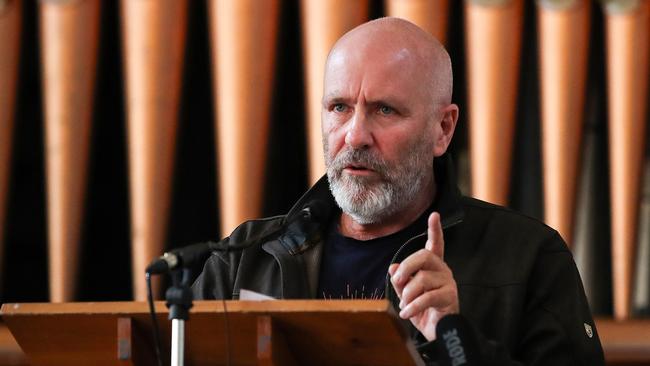
The reference is to the report in The Australian on Wednesday about a recent speech given in Perth by former High Court chief justice Robert French. He supports the Yes case in the forthcoming referendum about whether an Indigenous voice to parliament and the executive should be placed in the Constitution.
However, French advised Yes supporters to cool it, stating: “Although people who put up certain views on the other side might infuriate you, the moment you engage in sledging … the message that is coming across is simply conflict.” He advocated that Yes campaigners should focus on explaining how the voice would work “without nailing yourself down to details”.
The give-verbal-peace-a-chance message was not in the air when Flanagan gave the closing address at the Sydney Writers Festival on May 28. A slightly modified version of the talk is published in the current issue of The Monthly. As usual, the taxpayer-funded Sydney Writers Festival was a left-wing stack. So it is unlikely Flanagan was advised by anyone present that it might be productive to tone down his comments to avoid sending “a message of conflict” (in French’s terminology) before forwarding his speech for publication.
In January 1993, at the request of Trevor Sykes, I wrote an article in The Bulletin titled “Rewriting our history”. It was an early contribution to what came to be termed the culture wars. While acknowledging the appalling treatment of Indigenous Australians by convicts and free settlers after 1788, but not as a rule by governments, I argued that Australia grew to become a remarkably tolerant country when judged with reference to other nations.

I targeted alienated left-wing intellectuals who, while living comfortable lives, expressed alienation about their society, which they regarded as a nation born in genocide that went on to become a lackey of its colonial overlords.
Flanagan’s speech is in the tradition of this alienation. Indeed he uses the word alienation with reference to the Australian countryside. Talk about sending a message of conflict. Flanagan referred to the “racist right” that dominated the Liberal and National parties when Malcolm Turnbull was opposition leader. Throwing the switch to abuse, he described Peter Dutton as “the quintessential Canberra bubble-head”.
And he quoted Craig Foster favourably with respect to his comment that “when a First Nations person enters that conversation (about Australia’s colonial past) … just like for the past 253 years they are flogged, massacred; physically, psychologically, professionally, it is the same”.
Flanagan is so replete with contempt for his fellow Australians that he negatively compared Australian leaders to the brave Ukrainian President Volodymyr Zelensky.
This is Flanagan’s reference in full: “Contrast this (Ukraine) with what we might imagine an Australian leaders’ response were Tonga to invade tomorrow morning: the government decamping to Auckland by mid-afternoon with an ever-credulous Canberra press gallery in tow, repeating some mantra or other of a pragmatic but necessary choice. The nation would be Tongan by evening.”
This is nonsense. But Flanagan, in his alienated state, appears to believe his rant will assist the Yes cause. It won’t.
Not surprisingly, Flanagan was invited on to the ABC TV News Breakfast program on Tuesday to discuss his article in The Monthly.
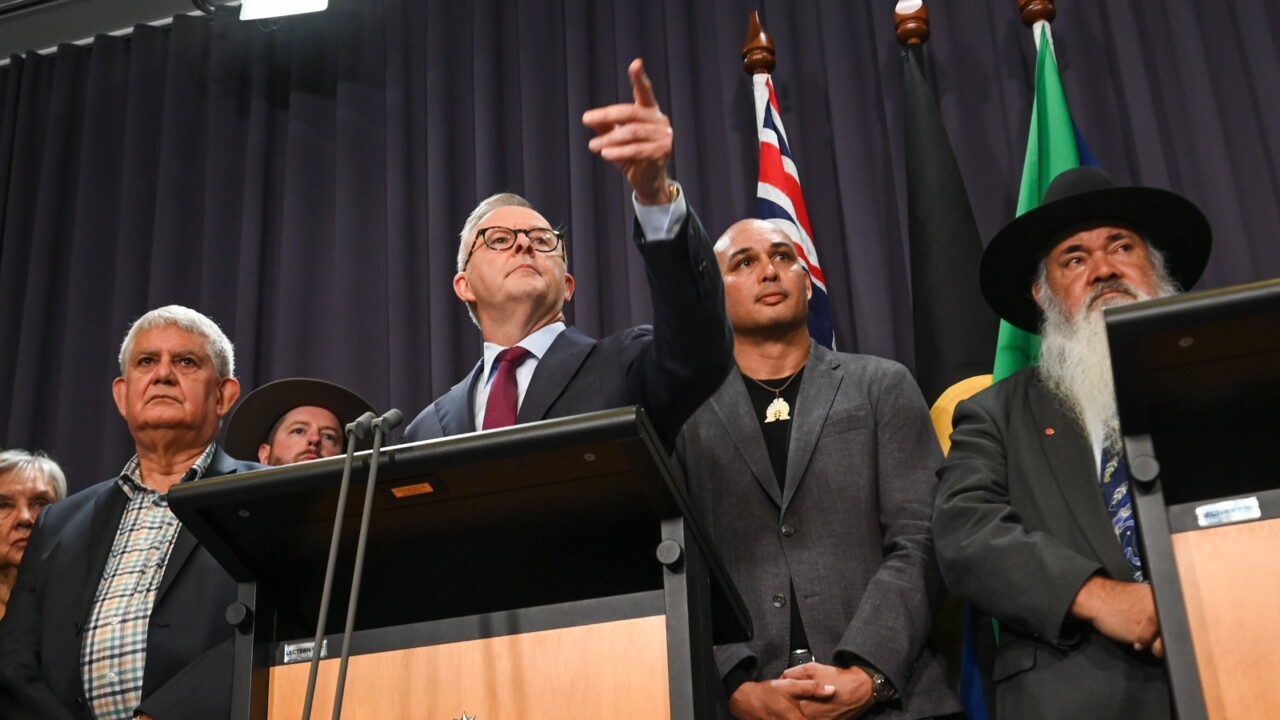
He described Australia as a “country of secrets and lies” and even referred to reports of white individuals contributing to Indigenous artwork in the APY Lands as an example of contemporary racism. To others, it was an attempt to preserve the authenticity of Indigenous art. Flanagan was not challenged by presenter Michael Rowland when he described Indigenous Australians as living a “torment of powerlessness”.
A visitor to Australia who relied on Flanagan’s article to acquire knowledge about the country would get the impression that Indigenous Australians are a hopeless, subdued lot. This overlooks the success of so many Indigenous Australians in all levels of society. Sure, considerable disadvantage remains, but this should not diminish real achievement.
In a genocidal, even racist, society intermarriage between races is virtually non-existent. But intermarriage has been a feature of Australian society since 1788.
Addressing The Sydney Institute in February 2017, Stan Grant referred to an academic – whom he named – of what he described as of “Indigenous-Anglo-Asian heritage”. According to Grant, the academic said he represented both the “coloniser and colonised”; “black and consummately white”. Grant himself speaks of his Irish-Australian grandmother with considerable affection.
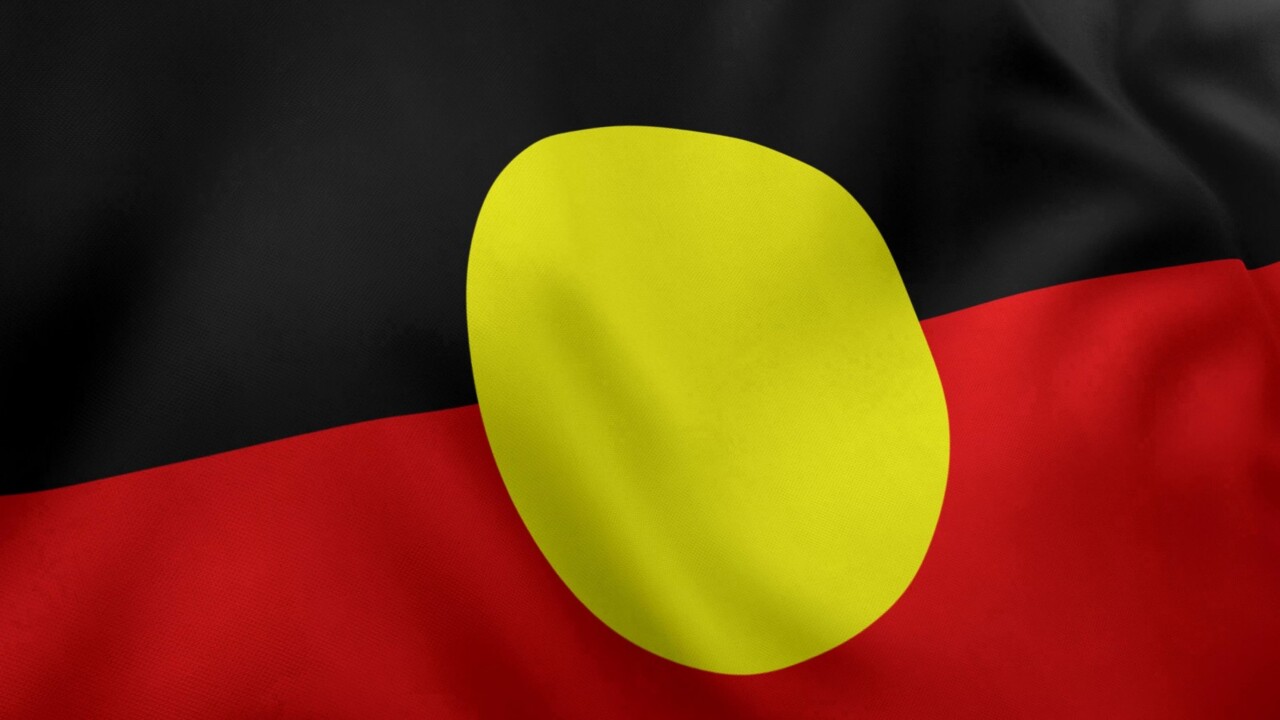
Most Western societies are diverse – primarily due to intermarriage. Last month, Reuters reported that President Joe Biden and every living former US president – except Donald Trump – are direct descendants of slaveholders: Jimmy Carter, George W. Bush, Bill Clinton and, through his mother’s side, Barack Obama.
The same is true of Democrat senator Elizabeth Warren, who has claimed Native American heritage. If a system of comprehensive reparations is implemented in the US, taxes paid by the black Obama would help to support the black descendants of slaves. Modern life is complicated.
In a discussion on the voice on the ABC Radio National Drive program on July 7, University of Newcastle Indigenous academic Deen Sanders said: “This idea of both siderism as a constant trope is a bad idea.” His position is that ABC listeners should hear the Yes but not the No case.
This would mean Indigenous Australians Minister Linda Burney would be heard on the public broadcaster but not opposition Indigenous Australians spokeswoman Jacinta Nampijinpa Price. According to Dr Sanders, this would lead to “proper, significant substantive debates on these issues”. To others, however, it would be a form of censorship that would prove to be counter-productive.
Despite what alienated intellectuals tell us, Australia is a tolerant society judged by empirical tests. There is a relatively high level of interracial marriage and a relatively low level of racially motivated crime. No society is a utopia. Australia can manage the referendum debate, especially if both sides refrain from sending sledging messages of conflict.
Gerard Henderson is executive director of the Sydney Institute. His Media Watch Dog blog can be found at theaustralian.com.au


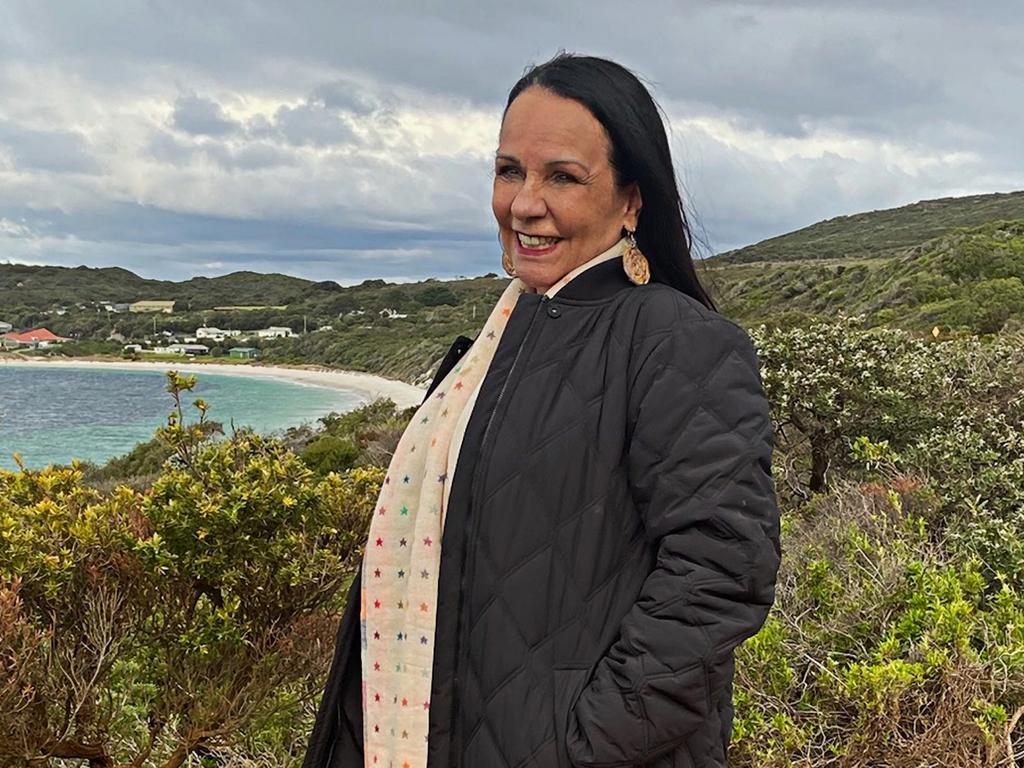
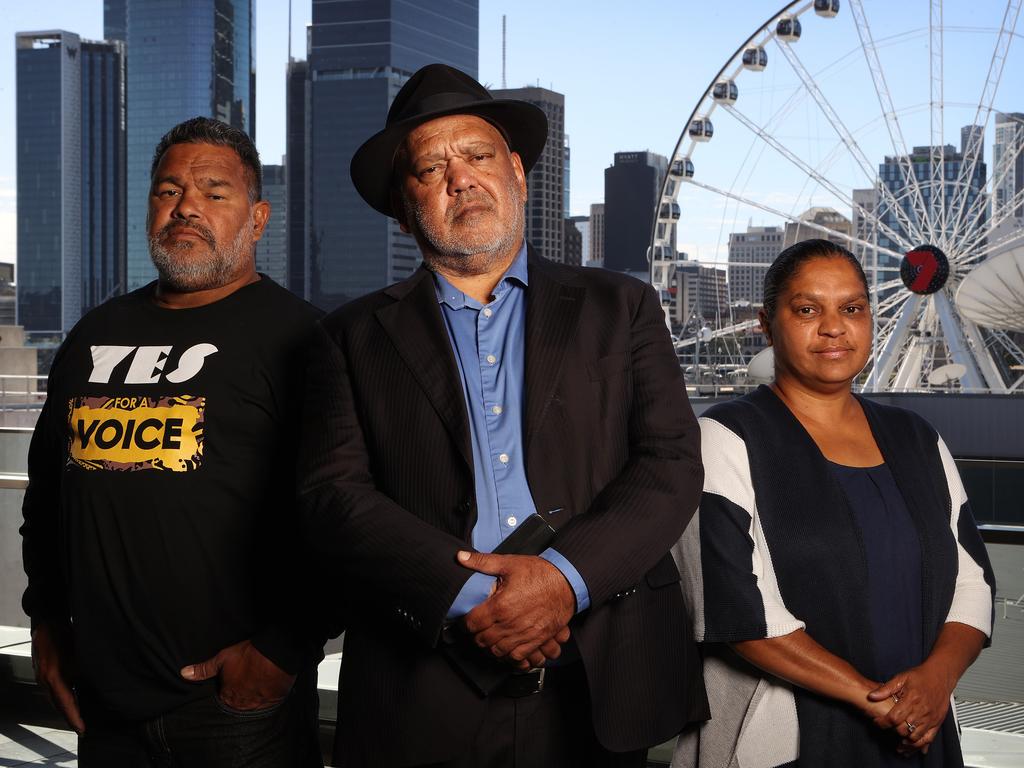
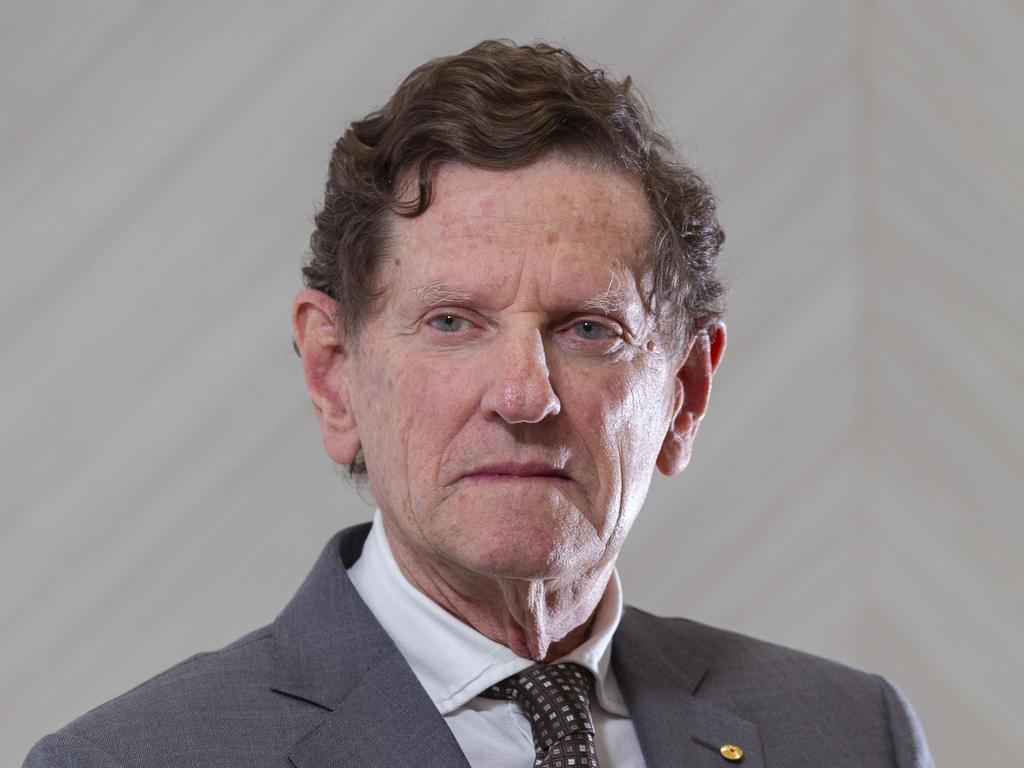
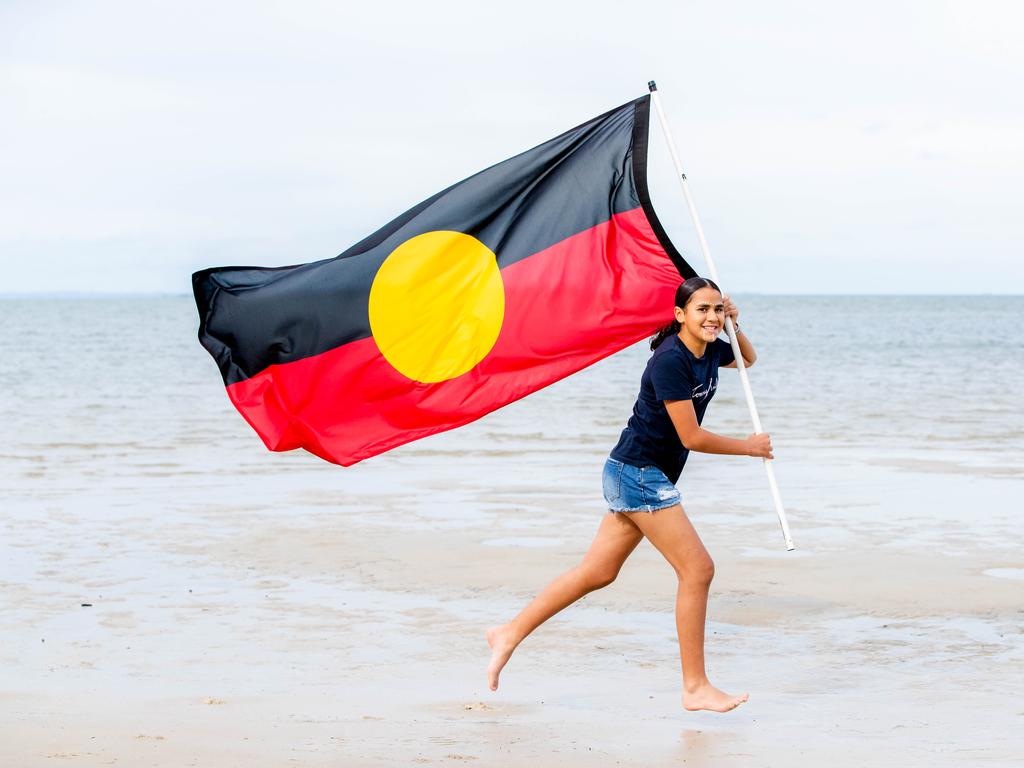


It was not so much a case of Australian writer Richard Flanagan failing to get the message. The problem was that the advice came too late, irrespective of whether it would have been heeded.